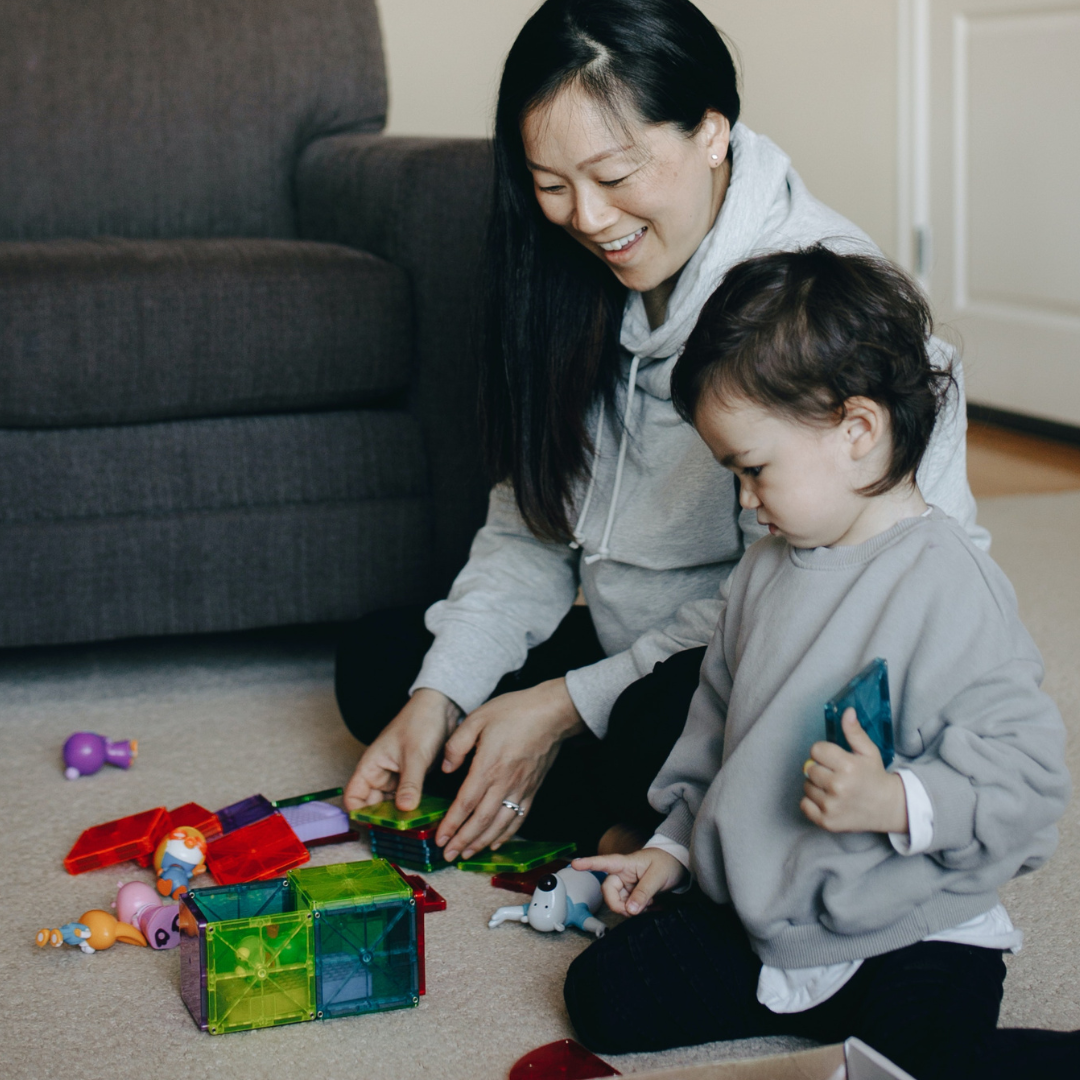How to Make the Most of Therapy for Your Child

Therapy can be a great way to help your child learn new skills and overcome challenges. But how can you make sure that your child is getting the most out of their therapy sessions?
In this article, we share tips on how to maximise therapy for your child. We discuss the importance of working with your therapist, making therapy fun, involving the whole family, and balancing therapy with play and other enjoyable activities. We also cover how to take therapy outside of the clinical setting and make it a sustainable part of your child’s life.
Therapists are experts, but parents are the experts on their child
Your therapist is an expert in child development and therapy, but you know your child best. Share your child’s interests, strengths, and challenges with your therapist so they can create a plan that is tailored to your child’s needs.
Make therapy fun
Therapy doesn’t have to be boring or tedious. Discuss with your therapist ways to make it enjoyable for your child by incorporating play and fun into the sessions. Play games, use toys, or engage in activities that your child loves while targeting therapy goals. When your child is having fun, they’ll be more motivated to participate and learn.
Make it relevant to your child’s interests
The more your child is interested in what they’re doing, the more likely they are to be motivated. So try to find activities that are related to your child’s interests, such as playing with their favourite toys or reading their favourite books.
Involve siblings in therapy
Your other kids can be a big help too! Let them play with pipe cleaners, chalk, and crafts, and they won’t even know they’re helping their sibling with therapy goals. Teach your older child tips from the therapist on how to encourage and model activities for their sibling. Siblings can be great social skills partners and role models.
Involve the whole family
Support from the entire family can make a big difference. Share your child’s therapy goals with other family members and get them on board with the plan. When the whole family is involved, your child will feel supported and encouraged.
Balancing therapy with fun
It’s essential to find a balance between therapy sessions and playtime. Take breaks, have family outings, and enjoy recreational activities. Don’t prioritise therapy over opportunities for your child to experience regular childhood activities.
Taking therapy beyond the clinic
Therapy can happen anywhere. You can take your child’s therapy skills outside of the therapy room and practice them in your everyday life. For example, you can help your child practice their social skills at the park or help them practice their reading skills at the library. Get creative! Instead of just using putty for hand strength, try climbing rocks in the park or practising sight words on the trampoline rather than at a desk. Ask your therapist for more ideas that suit your child’s interests and your family’s activities.
Prioritise therapy in natural environments
Home sessions are best for your child. The therapist can offer recommendations that fit your everyday life and toys. Get support in places where you need it, like the supermarket, and receive strategies for various situations.
Therapy is a marathon, not a sprint
It takes time for children to learn new skills and make progress. Be patient with your child and with the therapy process. Celebrate every milestone, no matter how small.
The power of community
There are many resources available in your community that can support your child’s therapy goals. You can connect with other parents of children with disability, find support groups, or participate in activities that are tailored to your child’s needs. Engaging with others who understand your journey can be incredibly empowering